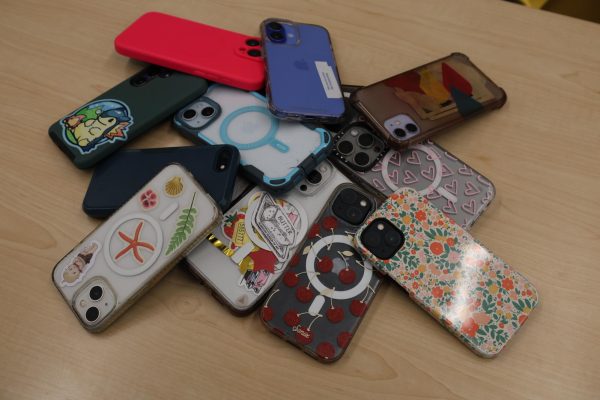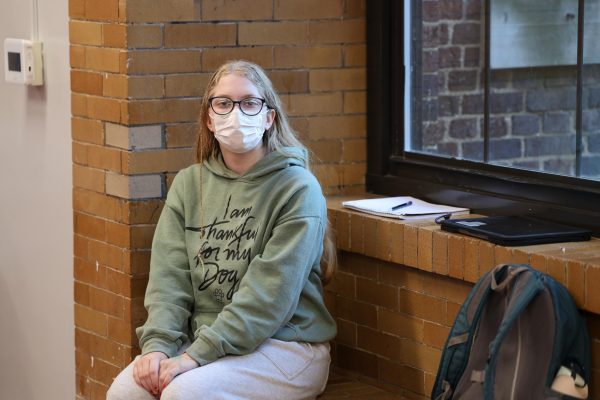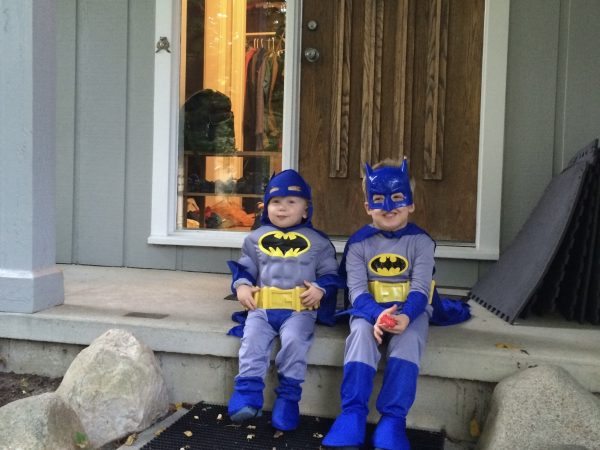Evicted from Under the Bridge
Describe online communities in one word. Not any particular online community. Online communities in general. One word. First word that comes to mind. Keep it there. Now say it aloud.
A small sampling of a small study done on a small group of people deeply enmeshed in several online communities had a clear theme. Vitriolic, rude, scum. Some could not even contain themselves to one word. Hives of villainy. Where intelligence goes to die. A conference with all the trolls evicted from their bridges.
These studies are not new and although each one taken individually suffers greatly from sample sizes leading to evidence bordering on anecdotal, taken together they paint a clear picture of the deep web. Anonymity removes incentive to be polite.
One of the great inconsistencies in the study whose data I personally was allowed to examine was that different people reported very different behavioral trends for the same groups. In fact, the data did not appear to suggest a uniformly negative community, but rather one that followed a bell curve of behavior. Respondents also took quick tests designed to indicate their behavior in the communities on which they commented, and when this data was matched with their overall impressions of the community, a light bulb flickered to life. The worse the behavior of an individual, the worse their impression of the community as a whole. This alone did not fully account for the shape of the bell curve, however. Another prime factor was, given the objective quality of their behavior, how vocal a given person was. Less vocal people tended to have worse views of the community.
Forums for discussion of these communities, while they display much of the same behavior, are also rife with complaints about the quality of the behavior of the community as a whole. It should be noted that these forums are also where these informal surveys are performed, more often than not. The general consensus, which is often repeated ad nauseum at those who bring up the community’s behavior time and time again, is that there is absolutely nothing that can be done. Unpleasant people will continue to act in that unpleasant manner no matter what is done. This demographic, the one that complains the most, is full of those who remain silent when the social going gets rough. When one person begins to behave negatively, and nobody counteracts their behavior, it gradually brings down the whole group, making each negative individual have a much greater impact on the community than a host of neutrals. Add in a touch of confirmation bias, and the fact that most people feel that by simply not contributing (initially) to the culture of negative behavior they are doing their part, and it becomes easy to see why such negative reputations establish and maintain themselves.
Where’s the message in all of this? Though it took a while to get here, you had to have a sense of the data first, to maybe come to your own conclusions. Much like in real life, the behavior of a given individual affects how they are treated by each other individual. The internet need not be such a pit of despair. By working to make a positive impact, anyone can be treated more or less how they want to be treated. Even in a place where gold is nothing more than a few rgb(255,215,0) pixels, the golden rule can still help you, or haunt you.







